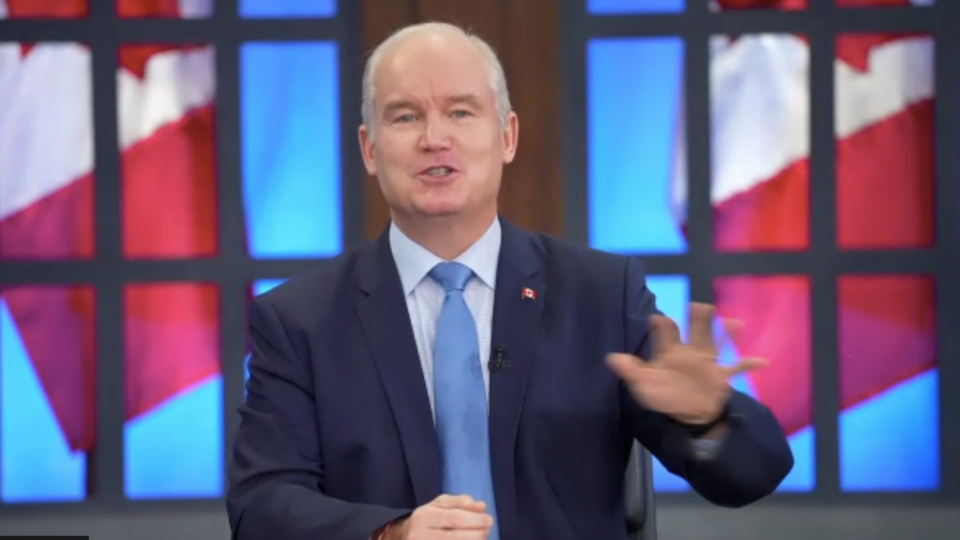Just as the last two B.C. elections showed, the federal election revealed the deepening divide between urban and rural Canada.
This growing divide spells bad news for centre-right political parties that struggle to connect with younger and more diverse voters whose issues are largely tied to the affordability challenge that comes from living in urban and suburban areas.
Any electoral map shows why: there are more ridings in metro areas than there in the outlying regions.
B.C. has 42 federal ridings and 28 of them are in Metro Vancouver and the Capital Region, with three more right on the edges. In last week’s election, the Conservative Party won just two of the urban ridings and three more that are on the outer edge of Metro Vancouver and extend well into the Interior.
The Conservatives lost two seats in Richmond, one in the Tri-Cities and one in Surrey-Langley. They also saw their vote drop in a number of other urban seats (something that can be partly attributed to the low voter turnout).
The party’s elected representation has been pushed to the edge of Metro Vancouver in places like Abbotsford, Mission, Maple Ridge, Chilliwack and White Rock. All other ridings are in the Interior and the North.
The Liberals won all 25 ridings in Greater Toronto, nine out of 10 in Ottawa, 22 of 24 Montreal ridings and all the ridings in Halifax. On Vancouver Island, which used to occasionally elect Conservative or Reform Party MPs, the NDP won all but one of the seven ridings.
The Liberals even won seats in Calgary and Edmonton, and the Conservative share of the popular vote in Alberta dropped by more than 10 percentage points.
All this spells bad news for the Conservatives and presents a monumental challenge for party leader Erin O’Toole, or his potential replacement.
Voters in urban and suburban areas care about issues such as child care, transit, housing and other ones tied to affordability. They support laws that restrict guns and have higher vaccination rates against COVID-19 than voters in rural areas.
O’Toole’s campaign stumbled on those two issues – the gun registry and mandatory vaccinations – near the end of the campaign and they may well have cost his party those four ridings in Metro Vancouver.
The Conservatives now have to pick a lane and stay in it.
Do they veer even more right to appease their supporters on that side of the political spectrum? That would pretty well guarantee a shutout in the riding-rich cities.
Alternatively, do they move towards the political centre (where O’Toole appeared to be headed at times) to woo urban and suburban voters? That seems like it would be a tough trick to pull off, as the Liberals and NDP have been occupying that turf for a long time.
In any event, the Conservatives have discovered what the BC Liberals discovered in the 2017 and 2020 provincial elections.
In each contest, the BC Liberals (essentially, a center-right coalition party) found themselves increasingly banished from much of Metro Vancouver. Of the 45 ridings in that area (not counting Chilliwack), the NDP won 36 of them in the last election, plus six of the seven ridings in the Capital Region.
That urban-rural divide is real, it is deepening and is bad news one side of the political spectrum in particular.
Keith Baldrey is chief political reporter for Global BC.

